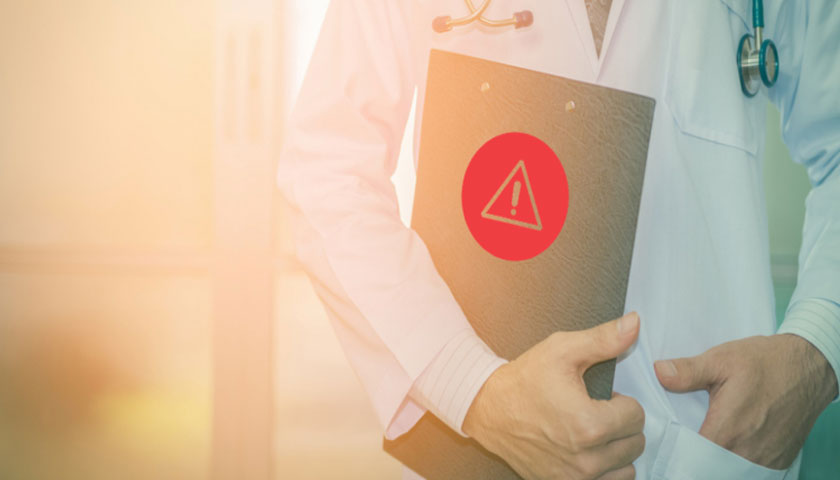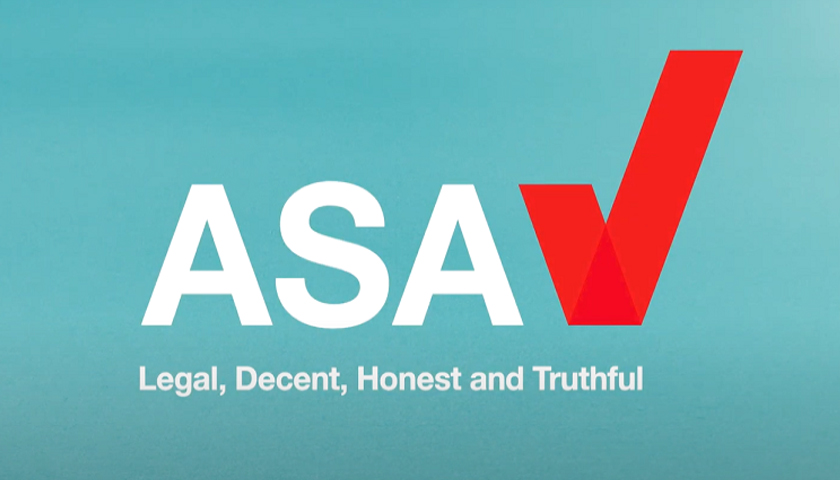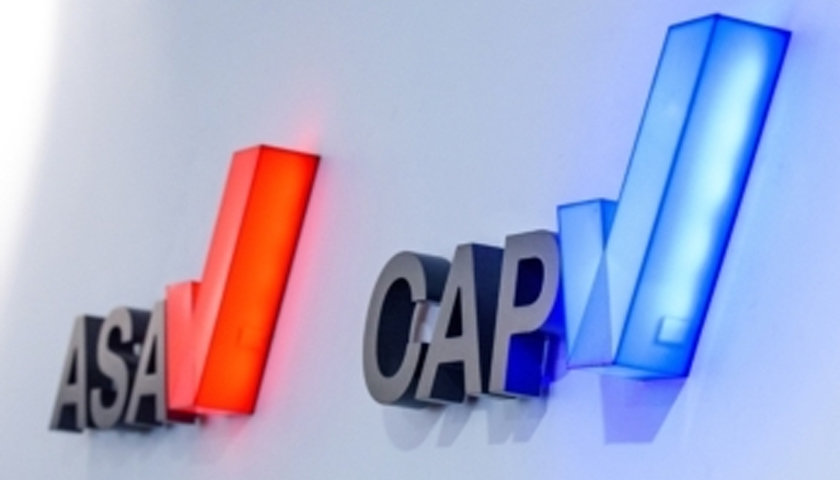The ASA/CAP have released a post called: Consumer advice: avoiding coronavirus scams. I have enclosed the text of the link below, but please have a look at the ASA/CAP site as there are lots of things of interest to anyone with an interest in Ethical Marketing.
During times of such economic and social uncertainty, we’re reminding consumers to exercise great caution and be extra vigilant of potential scams, both online and offline. We’re working as part of a broader coalition of consumer protection and enforcement bodies, including Citizens Advice and National Trading Standards, to raise awareness of and protect people from being hoodwinked.
As part of this, we’re committed to acting quickly and effectively against ads that seek to exploit people’s health-related fears during this period.
While the majority of businesses and advertisers play by the rules and are committed to being good corporate citizens in the collective battle against coronavirus, a small number of bogus operators are happy to exploit the anxious and vulnerable.
Misinformation about coronavirus has been and continues to be widespread. However, as more and more information appears in the public domain, it is often difficult to know what is true and what counts as ‘fake news’.
Scammers use this ambiguity to profit off people’s fears. For example, they will convince people to buy a product which claims to be effective in preventing the spread of coronavirus, when in reality this will not be true. They might also attempt to take advantage of current retail conditions, for example, by profiteering through bulk buying protective equipment and charging excessive re-sale prices. Scammers often target the elderly or other susceptible groups, but everyone is at risk.
We are already acting decisively against irresponsible ads. We recently banned ads for facemasks which claimed to protect people from the virus, despite advice from Public Health England stating that there is little evidence of their widespread benefit outside of clinical settings.
If you have seen an ad which you believe is misleading or irresponsible, please report it to us here.
Find out more about the warning National Trading Standards has issued to consumers about the dangers of coronavirus related scams.
Top tips for combatting scams:
Remember, when responding to information you’ve seen or heard that makes coronavirus related claims, be cautious. Before deciding whether to click on a link, make further enquiries, respond to phone call pressure techniques and, ultimately, part with your money, follow these useful tips to avoid falling for a scam:
- Check the sender’s email address. Are they who they claim to be? Check that their contact name matches the actual email address they’re sending from.
- Look out for spelling and grammatical mistakes in emails. This is often a good indication that an email is a scam.
- Try not to download files from unfamiliar people. Avoid opening attachments from an email you’re unfamiliar with. They could download viruses onto your computer or device.
- Treat all unexpected calls, emails and text messages with caution. Don’t assume they’re genuine, even if the person seems to know some basic information about you.
- Do not assume that all information on social media is correct. Fake accounts pose various challenges for the platforms themselves, regulators and law enforcement bodies – if you’re not sure who the business or individual is, don’t part with your money or give away your bank details.
- Only trust established outlets. Watch out for emails and phone calls claiming to be from experts who have information about the virus. If you have questions about coronavirus, visit Public Health England’s or the World Health Organisation’s website or social media feed.
- Don’t give away personal details. Never provide anyone with your email password, bank account details, or other pieces of information which is confidential and can be used to impersonate you.
- Be cautious of strangers. Although most people are acting in good faith, we are aware of scammers offering to buy food for the elderly before stealing their money. It is particularly important to protect vulnerable members of society.
- Pause, think, report. Don’t be afraid to hang up the phone or close the door on sellers who you are wary of. It’s better to end a conversation if you don’t feel comfortable rather than make a snap judgment on whether to buy something. If you’re in doubt, speak to a friend or family member before making a purchase.
- Consider the points above but always think twice. These are general hints and tips, but there are many more ways for consumers to stay safe. Always think twice when reading or hearing information about coronavirus.
Other useful organisations to contact
Protecting the public from scams about coronavirus extends beyond just ads. It requires a collective response from all institutions whose role is safeguarding the public. Aside from the ASA, it is crucial for consumers to be aware of other organisations whom they can contact if they are concerned about a potential scam.
- In particular, Action Fraud is the UK’s national reporting centre for fraud and cybercrime. You should report fraud if you have been scammed, defrauded or experienced cybercrime. You can report scams to Action Fraud on 0300 123 2040.
- Citizens Advice (CitA) offers confidential advice online, over the phone, and in person, for free. It has launched advice on coronavirus scams, which the public can access here.
- National Trading Standards delivers national and regional consumer protection enforcement. Its purpose is to protect consumers and safeguard legitimate businesses by tackling organised criminality. You can contact their scams team here.
- The Chartered Trading Standards Institute (CTSI) are proactively warning people about coronavirus scams currently in circulation. For example, fake emails claiming to be from the government are offering a tax rebate to support people. These are entirely fraudulent. Please visit the CTSI website to find out how to report these and similar types of scams.
- The Financial Conduct Authority (FCA) is the regulator for financial services firms and financial markets in the UK. They have a list of unauthorised firms and individuals. If you are not sure about a company, it may be wise to search for them on this list or directly contact the FCA.
- The Competition and Markets Authority (CMA) also protect consumers from unfair trading practices and will take action against businesses that take part in anti-competitive behaviour. They will investigate unfair pricing practices on many in-demand goods, such as soap and toilet roll. You can find out more about how and when is best to contact the CMA here.
Although an increase in scams during a pandemic can be disconcerting, there are many organisations committed to protecting the public. If in doubt, do not hesitate to contact or report a scam to Action Fraud or one of the specialised recommended bodies mentioned in this article.


